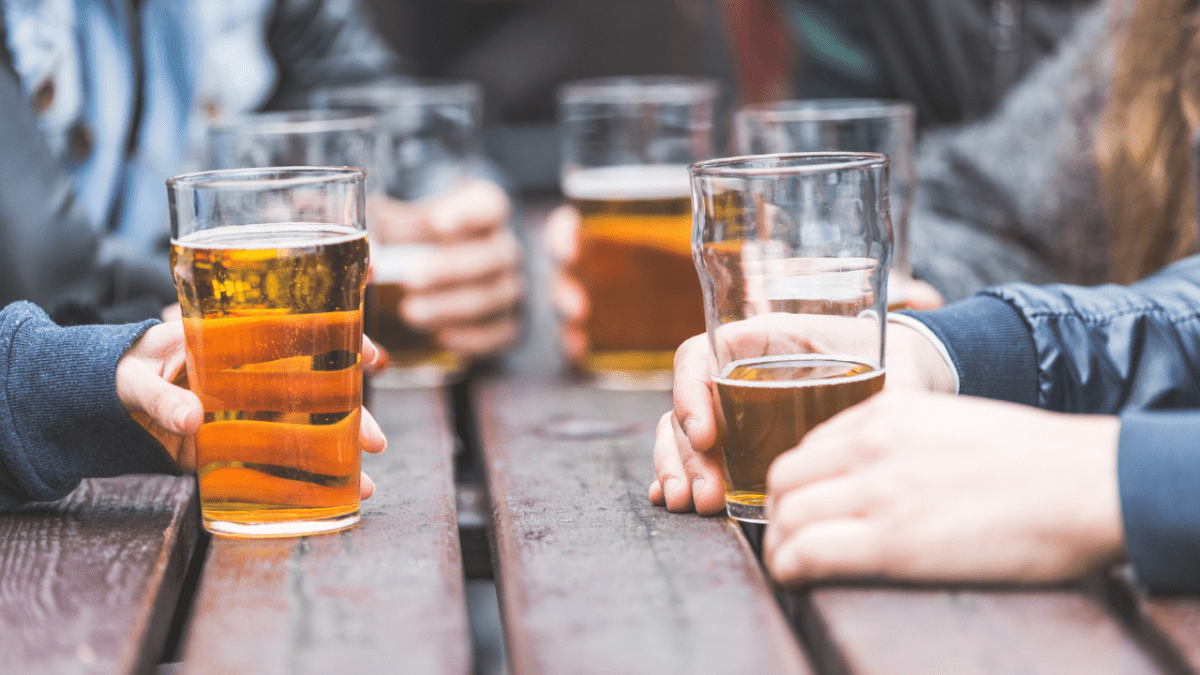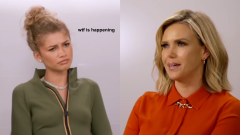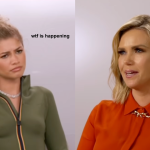
I’m turning 29 in a few weeks, and while it’s got me feeling a tad emotional (when did I get so old???), it’s also got me doing some reflecting. One thing I’ve been mulling over is my relationship with alcohol.
Like many other Aussies, I started drinking in my late teens. In my final years of high school, I was reasonably popular and social. But my very low self-esteem coupled with an undiagnosed anxiety disorder meant I couldn’t always be as confident as I wanted to be.
When I discovered alcohol, that all changed. I was funny, loud, and felt twice as fun to be around. The more I drank, the less I had to listen to that voice in my head, the one telling me I was a loser and that no one liked me. It made me feel accepted.
I’ve continued to drink alcohol pretty consistently over the past 12 years, and never really gave much thought to the concept of not drinking. Over time, my relationship with booze evolved, and I didn’t rely on drinking as much to make me feel confident — but when I did drink, it was a lot.
The only periods of time I’ve abstained have been when my mental health has declined rapidly. Which, as it happens, was exactly what happened to me in 2021.
From June to December, I didn’t have a drop of alcohol. Partly because I didn’t want to exacerbate the anxiety and depression I was battling, but also because being constantly anxious had resulted in a mountain of stomach issues, which were exacerbated by anything more extravagant than a piece of toast. Feeling really sick and sad, I decided to abstain until I got better.
I started seeing a new psychologist, and I was prescribed a new antidepressant. Soon enough I was beginning to feel like my old self. I felt excited about the future, and naturally, I began to daydream about socialising with friends again, and with that, drinking. But I was worried that the medication I was on would mean drinking was off the table.
I told my psychologist about this newfound concern. He looked at me incredulously. “And why would that be a bad thing?” he asked me.
“I’ve always drunk,” I told him. “Being able to drink is important to me.”
“Have you ever stopped to think as to why that is?” Classic psychologist response, but he had me there. I’d never reflected on it. I’d always maintained there was nothing weird about young people wanting to abstain from alcohol. So why did I feel almost pained by that idea for my own life?
If I was being honest with myself, my real fear was that people wouldn’t think I was fun anymore. That they’d see me as a stick in the mud, a party pooper. But the more I thought about it, the more silly that felt. I knew lots of people who didn’t drink and were the life of the party.
I felt frustrated that I had placed so much importance on alcohol, and I didn’t want to feel that way anymore.
I came to a decision that while I wanted to stop partaking in heavy drinking sessions, I didn’t want to give up alcohol completely. I genuinely like the taste of alcohol and I enjoy the social aspect of it. So instead, I decided to it was time to take control.
First up, I scheduled an appointment with my doctor to discuss alcohol, antidepressants, and managing anxiety and depression. I was honest with her, and told her that I didn’t plan on abstaining from alcohol.
I was half expecting her to try and talk me into being sober, but she assured me that drinking was fine, as long as I tried to not drink excessively (but that it was okay if didn’t always do this). She told me that if I found my mental health getting worse, to come back in so we could reassess.
Next, I spoke to my psychologist. He walked me through the concept of alcohol moderation, and being mindful of my alcohol consumption.
We agreed that each time I planned on drinking at an event I would set myself a number of drinks that I felt would be enough to allow me to have a good time, but also keep me in control. If you want to read more about moderation management, check out this great resource (you don’t need to follow their exact recommendations, but it’s a good place to start).
Then it was time to road-test my new approach. The first occasion went well; it was my partner’s birthday, and we went out for dinner. I set myself a limit: I could have two glasses of wine or a cocktail. I ended up opting for a Negroni and continued with sparkling water for the rest of the night.
A few days later, I attended a wedding, where alcohol would be available in abundance. I set myself a limit of four standard drinks. I ended up having six, which made me feel a bit disappointed, but then I realised what I had achieved.
I didn’t top up my glass mindlessly, and I was able to recount exactly how much I’d drank the next morning. By setting these limits and being aware of my consumption, I felt something I’d never experienced when it came to my drinking – I felt in control.
It’s important to note that everyone’s relationship with booze is different. If you wanna drink, drink! If it’s not for you, that’s fine too. If you think you’d like to seek help about managing your alcohol consumption, chat to your GP.
What we all need to remember is that as fun as drinking is, you’re just as fun without it. And that’s something we should all raise a glass to.
Diana Dyce is a writer living in Sydney.







